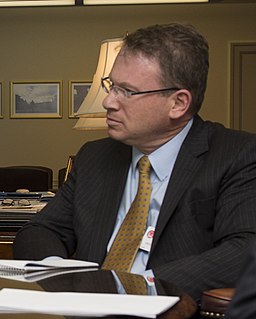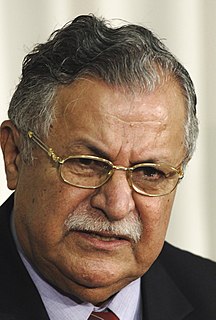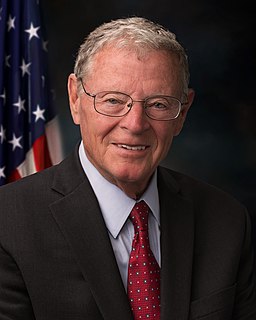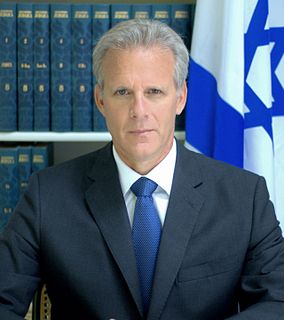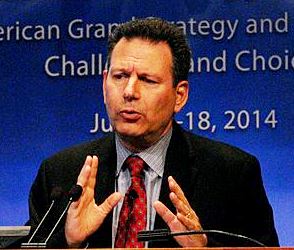A Quote by Recep Tayyip Erdogan
I am aware of the thesis that the United States has long since invested exclusively in stability and this has obviated democratic transformation in the Middle East.
Related Quotes
For too long, many nations, including my own, tolerated, even excused, oppression in the Middle East in the name of stability. Oppression became common, but stability never arrived. We must take a different approach. We must help the reformers of the Middle East as they work for freedom, and strive to build a community of peaceful, democratic nations.
Sadly, a U.S. invasion of Iraq 'would threaten the whole stability of the Middle East' - or so Amr Moussa, secretary-general of the Arab League, told the BBC on Tuesday. Amr's talking points are so Sept. 10: It's supposed to destabilize the Middle East. The stability of the Middle East is unique in the non-democratic world and it's the lack of change in Iraq, Iran, Saudi Arabia, Syria, Egypt that's turned them into a fetid swamp of terrorist bottom-feeders.
I believe that the Iraqis have an opportunity now, without Saddam Hussein there, to build the first multiconfessional Arab democracy in the Middle East. And that will make for a different kind of Middle East. And these things take time. History has a long arc, not a short one. And there are going to be ups and downs, and it is going to take patience by the United States and by Iraq's neighbors to help the Iraqis to do that. But if they succeed, it'll transform the Middle East, and that's worth doing.
While the foreign policy elite in Washington focuses on the 8,000 deaths in a conflict in Syria – half a world away from the United States – more than 47,000 people have died in drug-related violence since 2006 in Mexico. A deeply troubled state as well as a demographic and economic giant on the United States’ southern border, Mexico will affect America’s destiny in coming decades more than any state or combination of states in the Middle East.
I don't believe in the theory that the United States is reducing its presence in the Middle East. Quite the contrary, in the Gulf, we see an increase in American military presence, as well as an increase in American investments. The argument is more accurate when one says America is focusing more attention to the Far East. But I don't believe it comes at the expense of the Middle East.
Sixty years of Western nations excusing and accommodating the lack of freedom in the Middle East did nothing to make us safe because in the long run stability cannot be purchased at the expense of liberty. ... The global wave of democracy has barely reached the Arab states. For too long, many people in that region have been victims and subjects. They deserve to be active citizens.





